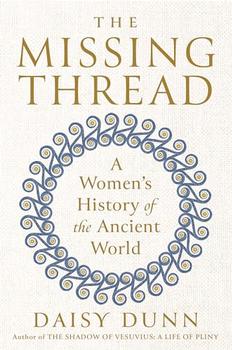In your house, you're the boss.
The first known use of this expression is in The Stage of Popish Toyes (1581), a short book written by Frenchman Henri Estienne (1531-1598), an examination of anti-Catholic propoganda, derived in large part from Estienne's Apologie pour Hérodote.
In 1644, English judge Sir Edward Coke was quoted as saying, "For a man's house is his castle".
The first known use in what would become the USA is in Will and Doom, or the miseries of Connecticut by and under usurped and abitrary power; being a narrative of the first erection and exercise, but especially of the late changes and administration of government in their Majesties Colony of New England in America, published in 1692 by Rev Gershom Bulkeley, son of Rev Peter Bulkeley who founded the town of Concord, Massachusetts.
In England the expression is almost always "An Englishman's home is his castle".
More expressions and their source
Challenge yourself with BookBrowse Wordplays




Your guide toexceptional books
BookBrowse seeks out and recommends the best in contemporary fiction and nonfiction—books that not only engage and entertain but also deepen our understanding of ourselves and the world around us.